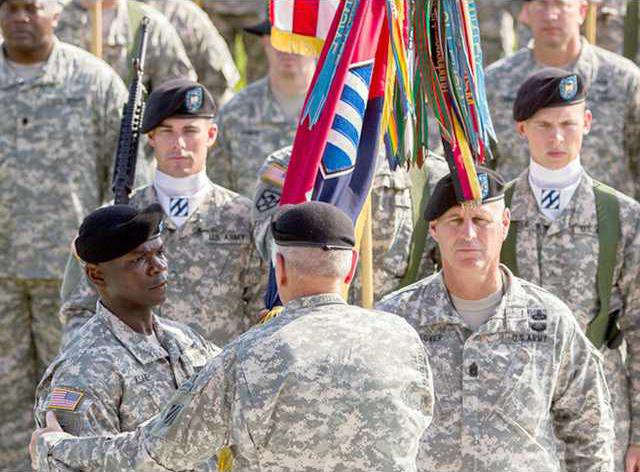AUGUSTA — A new approach to pain management at Dwight D. Eisenhower Army Medical Center is setting the tone for the rest of the Army.
The recently launched interdisciplinary pain center focuses on replacing pain medication with alternative remedies such as acupuncture, along with teaching soldiers coping mechanisms for pain. It's an important resource in an active duty force where muscular skeletal issues make up about 80 percent of medical board evaluations, said Maj. Jeffrey Tiede, the chairman of Eisenhower's Department of Pain Management.
In the Army, most joint and lower back pain comes from the punishing demands of lifting, twisting and running wearing about 120 pounds of "battle rattle," including 40 pounds of body armor. Narcotics can provide temporary relief, but there is risk of addiction, and studies have shown no long-term gains from treating pain with medicine, Tiede said.
Instead, the pain team at Eisenhower takes three weeks to wean service members off the drugs through remedies including acupuncture, massages and yoga. Three to four hours of the 10 hour days are spent exercising and teaching soldiers to stretch the muscles that cause them pain. The methods are met with some skepticism. But the soldiers undergoing treatment are eager to get better and stay in the service longer.
"The fortitude and the mindset of the soldiers is phenomenal," Tiede said.
Eisenhower's approach to pain management is gaining traction. As a "pain hub," soldiers from forts Campbell, Benning, Jackson and Stewart come to Eisenhower for treatment. Service members from other branches are also coming to Eisenhower for treatment, including Marines from Camp Lejeune, N.C.
Word of mouth is spreading, also. Tiede said referrals are coming not just from primary care physicians, but commanding officers and platoon sergeants across the Army. The pain is serious, but "the bottom line is they will gain the endurance to manage it themselves," Tiede said.




